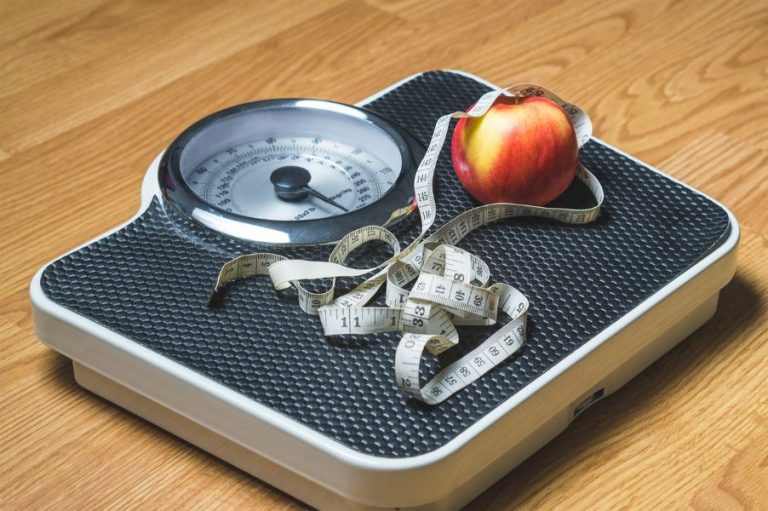Today, 11th October, is World Obesity Day.
First observed in 2015, the occasion was instituted by the World Obesity Foundation to promote practical solutions to end the global obesity crisis.
The World Health Organization (WHO) has said that worldwide obesity has nearly tripled since 1975.
In 2016 alone, more than 1.9 billion adults (18 years old and above) were overweight. Over 650 million out of this figure were obese.
What’s more, it was estimated that 41 million children under the age of five were overweight and obese in 2016.
Meanwhile, over 340 million children and adolescents aged five to 19 were overweight in 2016.
Here in the UAE alone, obesity levels are as alarmingly high as 37 percent of the population. That is double the world average!
Equally alarming is the UAE study by WHO in 2014-2015 showing that 15.1 percent of school students in Abu Dhabi were obese, while 16.7 percent of them were overweight.
It’s not hard to imagine that those figures might have ballooned even more as the problem has remained unabated here four years after the said study.
“It is estimated that around 40 percent of children in the UAE are either overweight or obese,” says Dr Sherif El-Refee, a consultant pediatric endocrinologist and diabetologist at Imperial College of London Diabetes Centre, Abu Dhabi.
“Without intervention obesity can continue into adulthood with further risks of heart disease and cancer.”
Obesity can also lead to low esteem and social isolation in children as they struggle with the condition.
To better help parents guide their kids against obesity, Dr Sherif offers a few tips:
- Children learn by example, so be sure to set a good one by eating healthily and exercising regularly. Adopt healthy habits as a family, for example, by serving reasonably sized portions at meal times, and concentrating on vegetables, fruit, whole grains and lean meats.
- Find creative ways to make children’s favorite dishes healthier by adjusting the ingredients, and also look for recipes to make healthy foods more appealing.
- Do not store snacks or sweets in easily accessible areas, and do not use them as treats; instead replace them with non-food treats such as an outing to their favorite place.
- Encourage your child to do at least 60 minutes of moderate physical activity such as walking, soccer, or playing tag, on most days or every day.
- Make full use of the physical activity programmes offered at your child’s school, and attend sporting events to support your children.
- Limit your child’s screen time to about two hours per day, and encourage them to do physical activity instead.
Dr Sherif cautions parents not to strictly put kids under calorie-reduced diet without medical supervision as this can significantly impede their growth and development.
“The most important measures parents can take are to check that their children eat a nutritionally sound diet, that they exercise enough to burn off the calories consumed, and that they ask for a doctor’s or specialist’s help if they suspect their children need to lose weight.”
Also check out our article on ” Work Stress” for victory tips to help you relax.






















